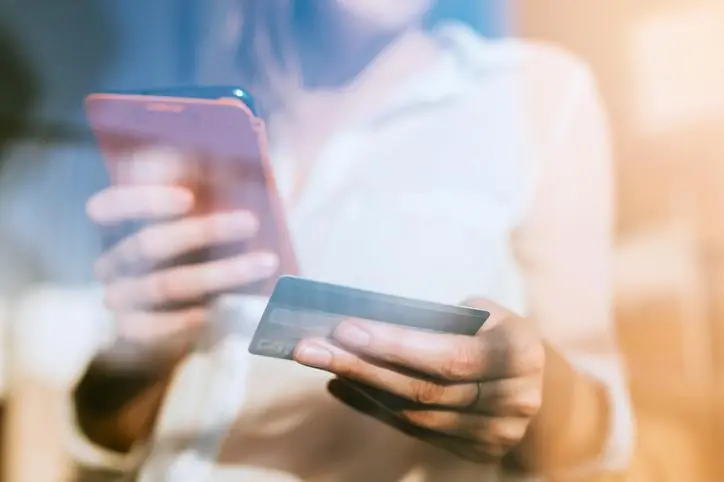PHOTO
The Bangko Sentral ng Pilipinas (BSP) is finalizing two new payment streams to make digital payments more accessible and convenient as it aims to convert half of the country's total retail transactions to electronic channels by the end of the year.
BSP Deputy Governor Mamerto Tangonan said the central bank is working with the payments industry to make the request to pay and direct debit facilities available this year.
'More advanced work is under way for the request to pay, while an extensive consultation is being undertaken by the payments industry to design the features of the direct debit facility,' Tangonan told The STAR.
The request to pay facility aims to empower payees to initiate collections by simply sending a request to pay to the payor.
Payors will find it more convenient to make payments under the facility since they need not initiate the payment and will just need to respond to the payee's request for their payment.
On the other hand, the direct debit facility allows customers to better manage their recurring payments such as monthly rentals by simply authorizing the payee to pull funds from the account of the payors.
Under its Digital Payments Transformation Roadmap, the BSP aims to shift 50 percent of total retail payments to electronic channels and increase the number of Filipino adults with bank accounts to 70 percent by the end of 2023.
With the COVID-19 pandemic serving as catalysts, the share of digital payments to total retail transactions has increased to 30.3 percent in 2021 from 20.1 percent in 2020, while the number of banked Filipino adults almost doubled to 56 percent in 2021 from 29 percent in 2019.
'With the trends that we have observed in the upward growth rate of digital payments due to network effects, we are optimistic that we are on track in achieving our targets under the BSP's Digital Payments Transformation Roadmap,' Tangonan said.
Tangonan said the central bank is in the process of completing the measurement of Philippine retail payments progress for 2022. 'We are looking at releasing the results of the measurement around June this year,' he said.
The BSP, together with the Department of the Interior and Local Government, has launched the Paleng-QR PH program in several provinces to build the digital payments ecosystem by promoting cashless payments in public markets and local transportation, particularly tricycles.
The program seeks the policy championship and enjoins local government units to push for the acceptance of digital payments among market vendors, community shopkeepers, as well as tricycle operators and drivers associations in all cities and municipalities across the country.
The central bank has also launched the interoperable Bills Pay PH facility that allows consumers to settle their bills using their own transaction account even if the account of the biller is with a different service provider.
Copyright © 2022 PhilSTAR Daily, Inc Provided by SyndiGate Media Inc. (Syndigate.info).The Philippine STAR





















